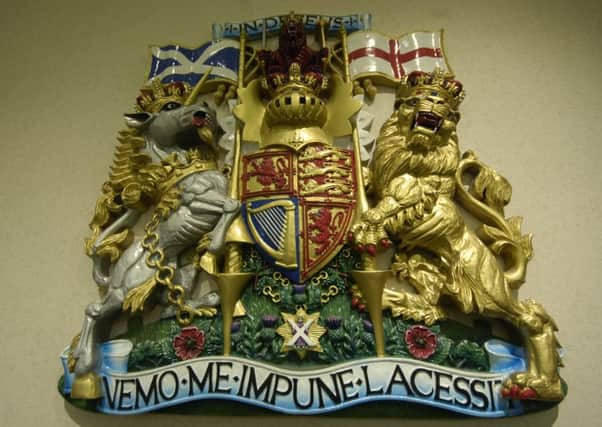Fight for legal upper hand, not justice


Three superficially attractive reasons are led for the removal of corroboration as a requirement of Scots criminal justice, but none of these seem to hold water. The whole argument may be about something else altogether.
We are told that thousands of victims are denied justice but these victims are not parties to the criminal proceedings. These proceedings are raised in the public interest in the punishment and prevention of crime. Victims may very understandably take satisfaction from seeing someone suffer for the crime but that is not to be confused with justice. The State seeks to bring justice to victims by means of, for example, free medical treatment and counselling, benefits for those who cannot work, criminal injury compensation and the usually, but not always, irrelevant availability of civil redress against the perpetrator.
Advertisement
Hide AdAdvertisement
Hide AdWe are told also that other nations do not have the requirement for corroboration but this is a matter in which Scotland leads rather than follows. The differences between the Scottish system and other systems may well be irrelevant but, in any case, are less substantial than claimed by the proponents of these changes.
Thirdly, I have seen the justice secretary quoted repeatedly as having stated that the changes do not mean that an accused person can be convicted on the word of just one witness. My reading of the legislation is quite the opposite. It is the doctrine of corroboration that prevents a person from being convicted solely on the evidence of just one witness. However, even with the requirement for corroboration, a second witness to the crime is often not required. There may be incriminating corroborative circumstances such as the possession of stolen property or special knowledge attributable to the accused.
The range of circumstances which may amount to corroboration has been extended steadily by judicial recognition and has eroded any argument that the requirement for corroboration operates against the interests of justice.
There may be great danger in the reliance upon the uncorroborated evidence of a single witness. What if that witness stands to be compensated if a conviction is obtained? How reliable is that evidence? From experience, I have to report that a certain class of witnesses who are called regularly to give evidence tend to regard the conviction of a villain as a triumph and their acquittal as a defeat.
An absence of factual evidence is a factor which tends to the acquittal of villainy but which can readily be overcome by the giving of evidence as to what is known to have happened rather than as to what was seen or heard to happen. The invention of such evidence may be a bad thing in principle but it certainly secures the conviction of many villains who might otherwise go free. A difficulty arises when the awareness and knowledge behind that evidence are mistaken.
While an experienced, court-hardened witness can hold a position against even the most cross of examination, it is much more difficult for two such witnesses to maintain an untruthful position against the requirement for corroboration. I have been there and I have seen it, as have the myriad judges and lawyers who have been repelled by the proposal to remove this safeguard.
Why would the justice secretary proceed on hollow grounds to seek these changes against the determination of almost the whole legal establishment? Why indeed? Consider how his own justice committee failed to accept the change. Consider the frenzy to whip up the narrow parliamentary majority in favour of the change. Consider the advice from the highest judicial authority to remove the changes from a lengthy, procedural Act to be dealt with in a separate bill for proper focus and consideration. Consider the previous acrimony directed by the justice secretary towards the Supreme Court including its distinguished Scottish judges. It all adds up to a contest between a new and emerging executive and a long-standing judiciary for pre-eminence in Scottish legal affairs rather than any quest for justice for victims or for the alleged perpetrators of crime.
• Michael Sheridan is secretary, Scottish Law Agents Society: www.slas.co.uk
SEE ALSO